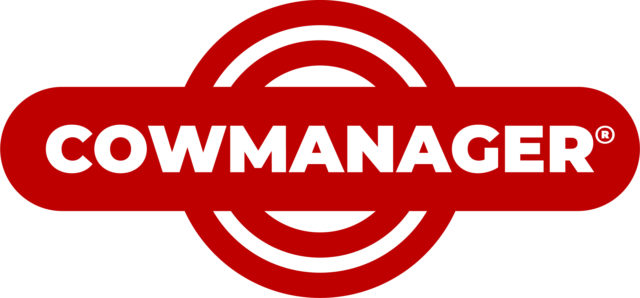Authors in our publication write about the difficulty of succession in business. (See this issue’s article about the challenges of succession when siblings are involved, Sibling partners: a special family business stage.) Recently, the Wall Street Journal captured J.W. Marriott’s thoughts on succession.
The 85-year-old former CEO of a global hotel chain was the second generation of leadership for the 90-year-old business. Interestingly enough, the third generation of leadership did not pass to his own son. The company chose a non-family member as the next CEO. But that wasn’t always the plan.
In a May 10, 2017, article titled, “Succession Planning in a Family Firm,” Marriott said he noticed years ago his son, who had already been with the company for years, “wasn’t joyous about coming to work.”
“You have to love it, or you can’t do it well. And he decided it wasn’t for him, and I agreed with him, and he left the company,” Marriott said.
Marriott’s son had been with the company for 30 years prior to departing and “really knew the business.” One would think such a sudden departure from a long-laid succession plan would have thrown the business into turmoil. But Marriott described why it wasn’t, given how he and his son had approached succession.
“I always tell families they have to start [the succession] conversation very early. You have to set expectations at a young age, that this isn’t a fait accompli,” Marriott said. I had to look up the meaning of that French phrase. Here’s the definition: A thing that has already happened or been decided before those affected hear about it, leaving them with no option but to accept it.
In other words, wanting his son to be the business successor was the plan, but it wasn’t a birthright. The business needed to prove it was going to be the right fit, and his son needed to show it was the right fit for him. Both qualifications needed to be met before the plan was the right one.
“If you want to be successful across generations, the answer [to the question of when to start succession planning] is today. A lot of people treat succession planning as if it’s an event. It isn’t. It’s a process.… It isn’t about having one possible successor; it’s about having a pool to draw on.”
For dairy farmers, I think this former CEO’s wisdom provides two lessons.
First, your dairy farm’s successor must really love what they do. They may have the stockmanship and technical expertise to run the dairy, but do they really love coming to work every day? Do they have a passion for a dairy business?
Second, your succession plan shouldn’t be a birthright. Do you have a Plan B if the family member you envision taking over the business doesn’t work out? Are you developing a “pool of talent” who are candidates for succession? Don’t depend on just one individual being the right fit. ![]()

-
Walt Cooley
- Editor-in-chief
- Progressive Dairyman
- Email Walt Cooley




